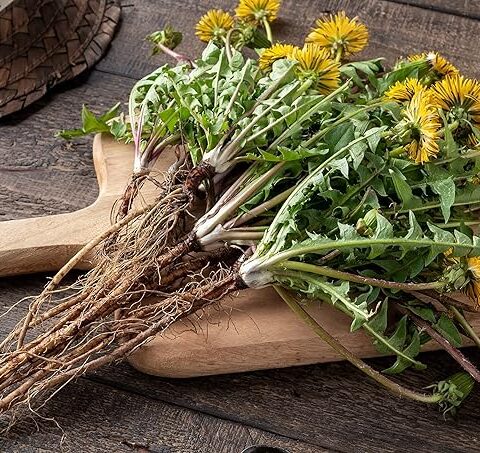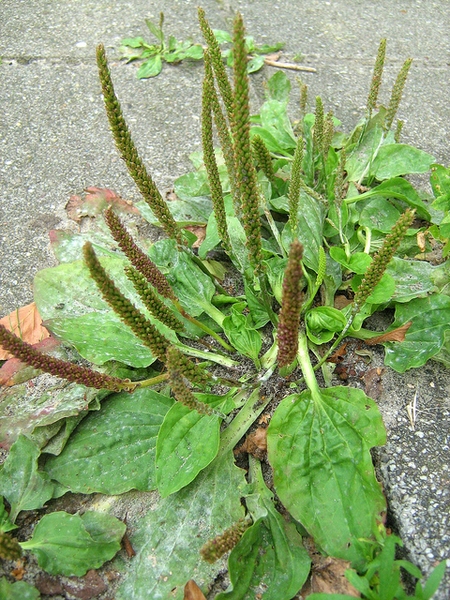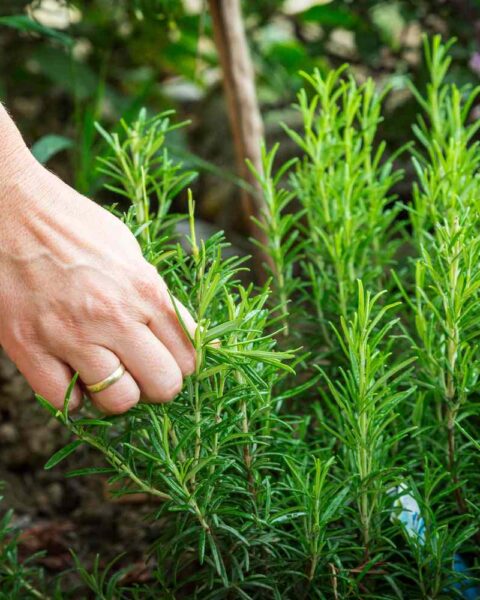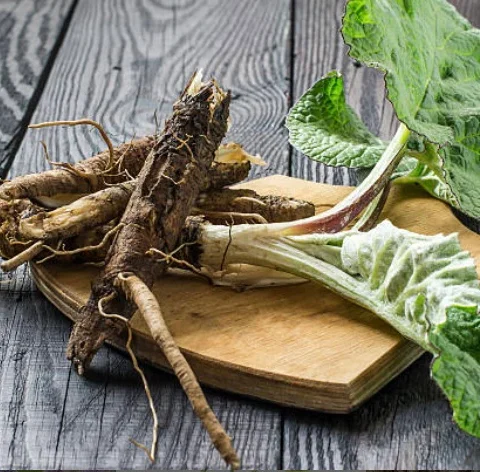In the realm of herbal remedies, there exists a hidden gem often overlooked—the common mallow (Malva sylvestris). While its name might not inspire immediate recognition, this unassuming plant harbors a treasure trove of health and medical benefits. From centuries-old traditional uses to modern scientific discoveries, common mallow continues to captivate researchers and herbal enthusiasts alike. Let’s embark on a journey to explore the myriad ways in which this modest herb can enhance our well-being.
Rich History and Traditional Uses: Dating back to ancient times, common mallow has been revered for its medicinal properties. Historical records indicate its presence in various civilizations, where it was cherished for its soothing effects on a range of ailments. The Ancient Egyptians, Greeks, and Romans all utilized common mallow to alleviate digestive issues, soothe irritated skin, and relieve respiratory discomfort. Its leaves and flowers were often brewed into teas, applied topically as poultices, or ingested for internal relief.
Nutritional Profile and Phytochemical Composition: Beneath its delicate appearance lies a powerhouse of nutrients and phytochemicals. Common mallow boasts a rich array of vitamins, including vitamin A, C, and E, as well as essential minerals like calcium, magnesium, and potassium. Moreover, its leaves and flowers contain bioactive compounds such as flavonoids, phenolic acids, and polysaccharides, which contribute to its therapeutic properties.
Promoting Digestive Health: One of common mallow’s primary traditional uses revolves around digestive health. The mucilage present in its leaves and flowers forms a gel-like substance when mixed with water, which can coat and soothe the digestive tract. This mucilaginous quality makes common mallow an effective remedy for alleviating symptoms of gastrointestinal distress, including indigestion, gastritis, and irritable bowel syndrome (IBS). Additionally, its mild laxative properties can aid in relieving constipation and promoting regularity.
Soothing Skin Conditions: The emollient and anti-inflammatory properties of common mallow render it invaluable in skincare remedies. When applied topically, extracts of common mallow can help alleviate various skin irritations, including sunburns, insect bites, and rashes. Its gentle nature makes it suitable for individuals with sensitive skin, providing relief without causing further irritation. Furthermore, common mallow’s potential to accelerate wound healing has garnered attention in modern dermatological research.
Respiratory Support: Common mallow’s demulcent properties extend to respiratory health, where it can offer relief from coughs, sore throats, and respiratory congestion. The mucilage in its leaves acts as a natural expectorant, helping to loosen mucus and ease coughing. Additionally, common mallow’s anti-inflammatory action can reduce throat irritation and promote comfort during respiratory infections.
Antioxidant and Anti-inflammatory Effects: The presence of flavonoids and phenolic compounds in common mallow contributes to its antioxidant and anti-inflammatory effects. By scavenging free radicals and modulating inflammatory pathways, common mallow may help mitigate oxidative stress and chronic inflammation implicated in various diseases, including cardiovascular conditions, arthritis, and neurodegenerative disorders.
Conclusion: As we delve deeper into the realm of herbal medicine, common mallow emerges as a humble yet potent ally in promoting health and well-being. From its historical roots as a traditional remedy to its modern scientific validation, this unassuming herb continues to captivate researchers and health enthusiasts alike. Whether used to soothe digestive discomfort, nurture the skin, or support respiratory health, common mallow stands as a testament to the enduring power of nature’s pharmacy. As we embrace its therapeutic potential, let us continue to explore and honor the gifts that botanical wonders like common mallow offer to enrich our lives.





